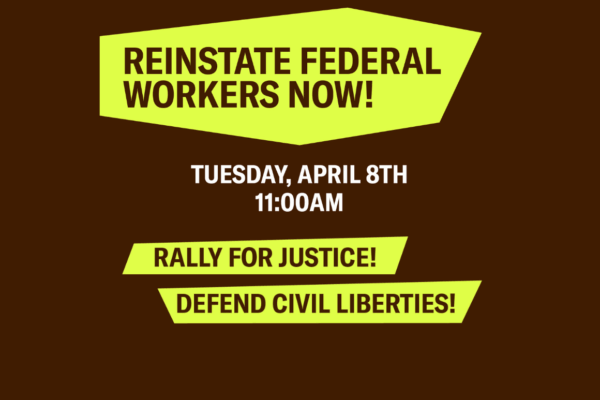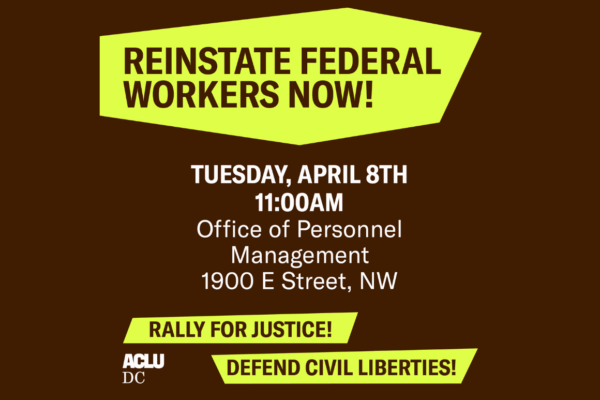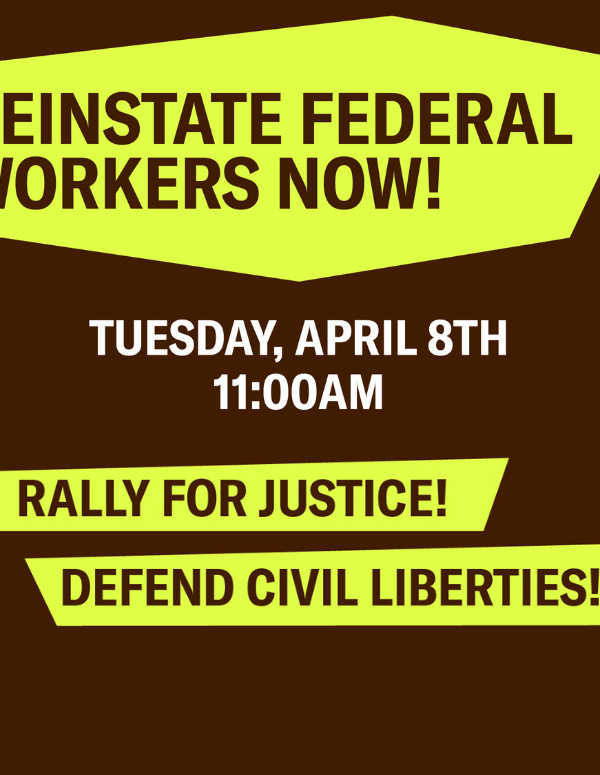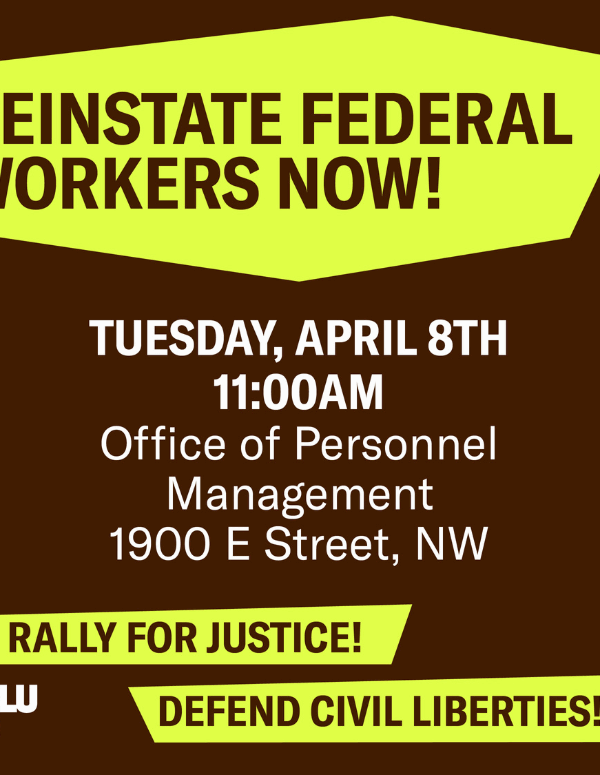Search
Showing
111 - 115 of 149 Results for ""

Quiñonez v. United States - Seeking To Expand Federal Officer Accountability for Constitutional Violations
Rene Quiñonez owns a small print shop in Oakland, California. In 2020, at the height of the pandemic and the summer of civil rights activism following the murder of George Floyd, he received his biggest order ever, for thousands of cloth masks printed with protest slogans (like "Stop Killing Black People"). But a postal clerk seized the shipment, harming Mr. Quiñonez's business. Mr. Quiñonez sued, alleging that the clerk had no legitimate reason to seize the masks and violated his constitutional rights in doing so. The district court threw the case out, ruling that Mr. Quiñonez had not met the strict standards for suing federal officers.
This case implicates a problem bigger than one shipment of masks: whether people whose rights are violated by federal officers can sue to obtain redress. State and local officers who violate the Constitution could be sued for it, because there's a specific federal law saying so. Because Congress didn't pass a similar law for federal officers, the Supreme Court has made it extremely difficult to sue federal officers — regardless of the merits of the case. So even if the Constitution was clearly violated, if the wrongdoer was a fed, the victims usually cannot bring a constitutional claim against him.
This rule creates a major gap in constitutional enforcement, especially here in D.C., where there is a huge federal law enforcement presence. Because of the Supreme Court's special hostility toward claims against federal officers, for instance, our case seeking damages for the massive, unprovoked assault on peaceful civil rights demonstrators at Lafayette Square in the summer of 2020 is proceeding on very different terms against the federal officers than against the local officers involved in the same incident: whereas we were able to certify a class action and will be able to seek punitive damages against the D.C. police, we could proceed only on behalf of a handful of individuals (not a class) against the U.S. Park Police, Secret Service, and other federal defendants like former Attorney General William Barr, and we cannot seek punitive damages.
Mr. Quiñonez appealed the dismissal of his case. Together with the ACLU of Northern California, we filed an amicus brief supporting Mr. Quiñonez's appeal, on the issue of federal officer accountability. We explained how, separate from the path to accountability that the Supreme Court has shut off under federal law, state and local laws still permit suits against federal officers for constitutional violations.
Rights without remedies are not worth very much. It is our goal to establish a clear path by which federal officers can be held accountable for violations of constitutional rights.

Refugee And Immigrant Center for Education and Legal Services V. Trump – Preventing President Trump from Summarily Expelling Refugees Seeking Asylum

Reinstate Federal Workers Now
Trump, Elon Musk, and DoGE are targeting federal workers who work to make government services better and fairer

Reinstate Federal Workers Now! Rally for Justice!
The Trump administration, Elon Musk, and DoGE are targeting federal workers who work to make government services better and fairer for everyone. Join us for a rally to call out this blatant attack on civil liberties and fight back.
Apr 08, 2025 | 11:00 AM

Remove Wasteful, Inefficient, and Harmful D.C. Riders
Micromanaging the day-to-day affairs of D.C. is now what voters elected members of Congress to accomplish. Members of Congress should not be saddled with managing the day-to-day affairs of the District. Riders are additions to proposed legislation, which usually have little or no connection to the legislation they are attached to. For years, D.C. has been harmed by riders placed on federal budget bills by members of Congress who do not represent D.C. The FY 26 Financial Services and General Government (FSSG) Appropriations bill includes riders that micro-manage D.C. These riders must be removed from the bill.
By Content Type:
By Issue:
Stay Informed
Sign up to be the first to hear about how to take action.
By completing this form, I agree to receive occasional emails per the terms of the ACLU’s privacy statement.
By completing this form, I agree to receive occasional emails per the terms of the ACLU’s privacy statement.


